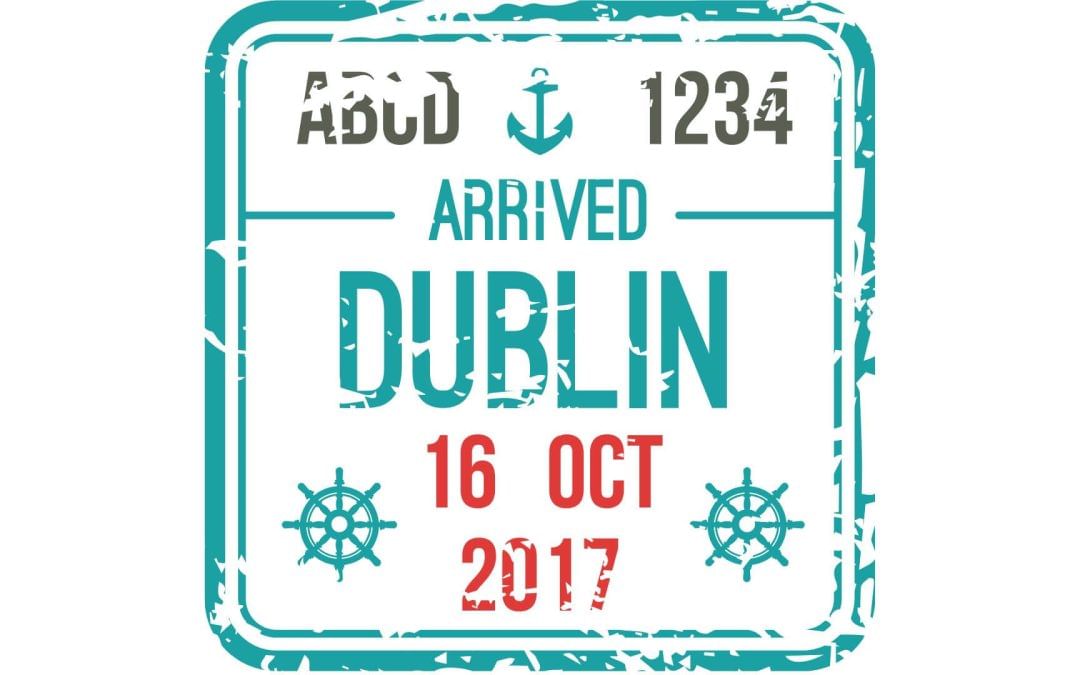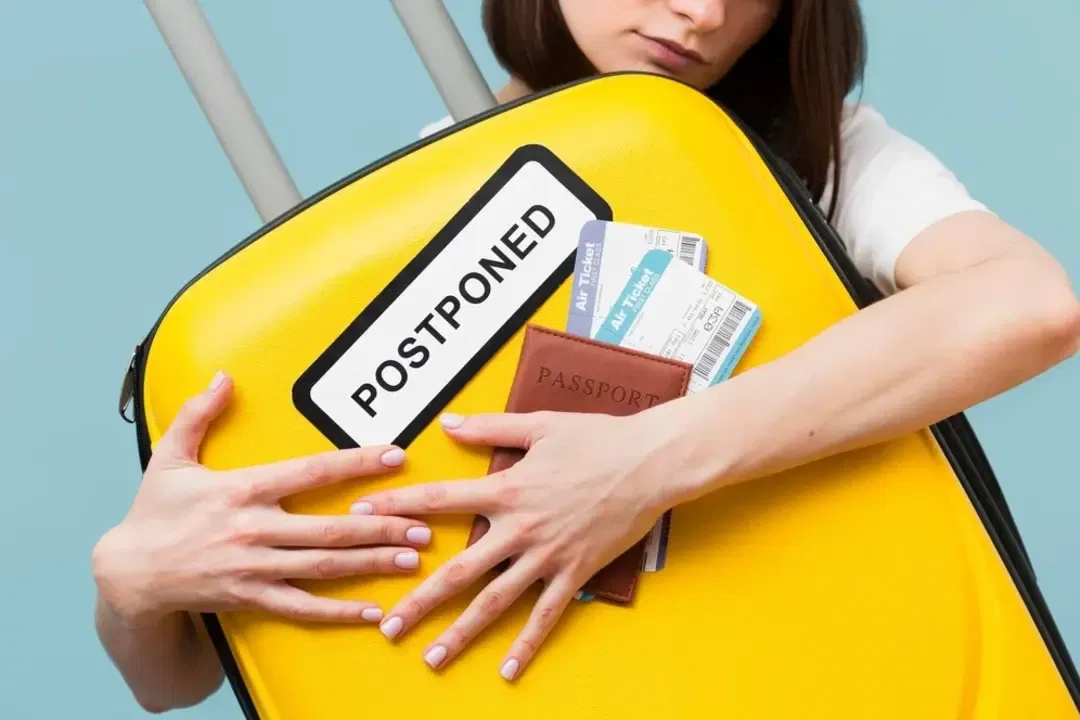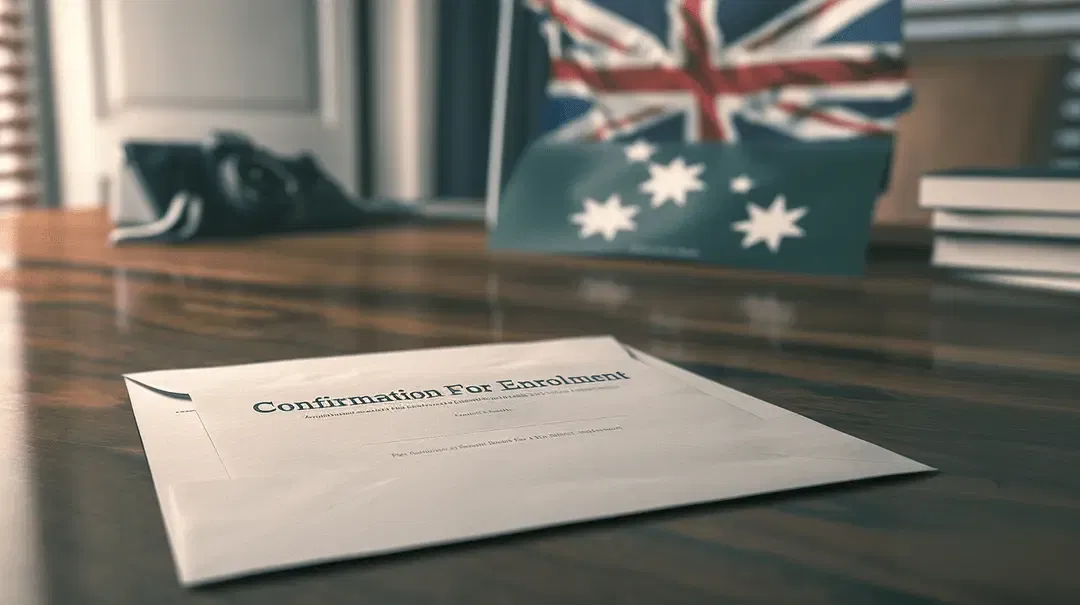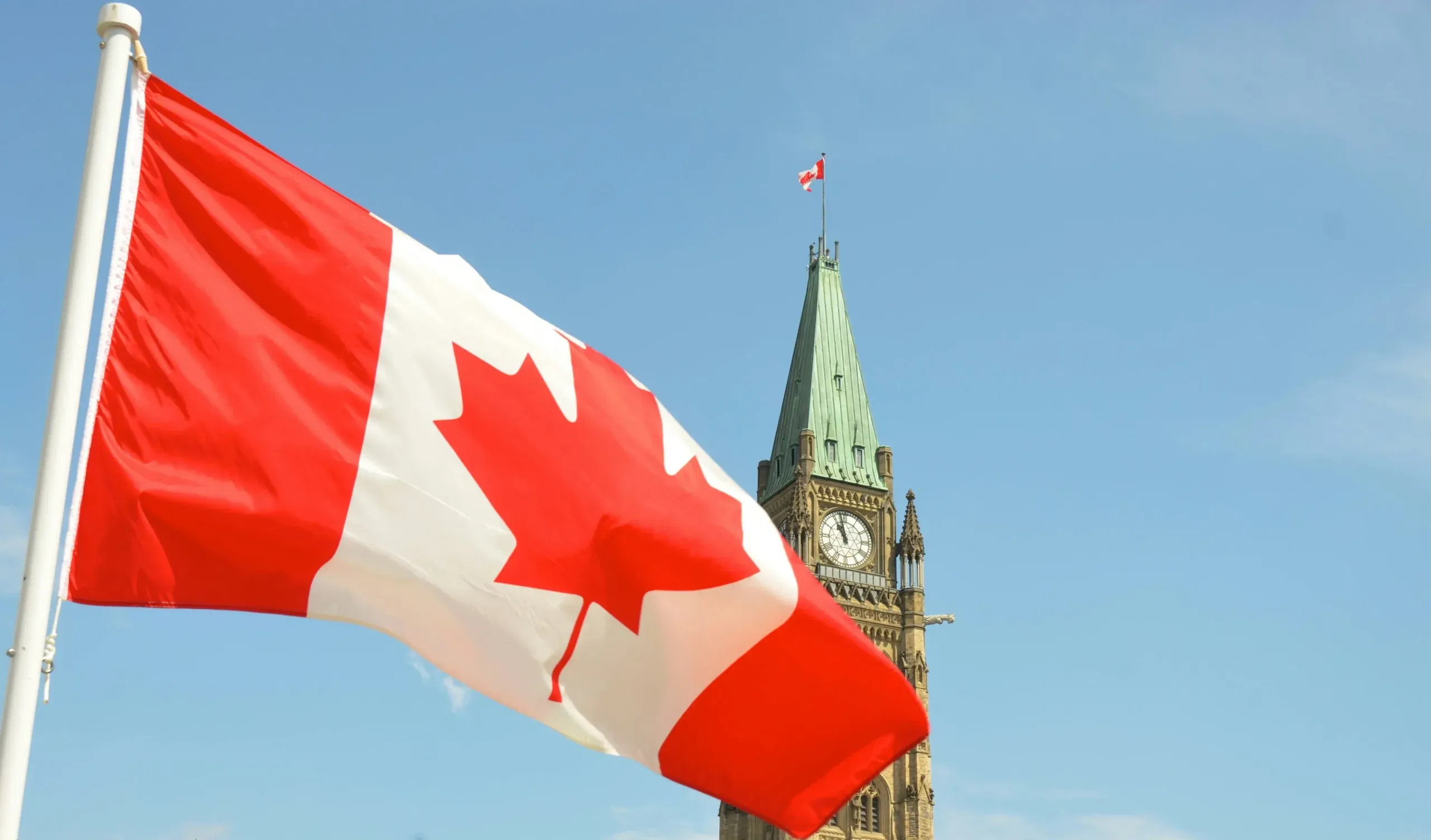You didn’t move halfway across the world just to rush back home with a degree and unanswered questions. You came to build your future, career, and shot at staying longer. Now, as graduation creeps closer, that one thought keeps coming back: Can I get a work visa in the UK and stay on?
Thousands of students want clarity, not confusing terms and long-winded policies. You want the facts. Who qualifies? How long can you stay? What’s the real process? In this guide, you’ll find straight answers and just what you need to plan your next move, on your terms.
What Is The Post Study Work Visa In The UK?
The Post-Study Work Visa in the UK, known officially as the Graduate Route, lets you stay after your course ends. If you’ve completed an eligible degree in the UK, this visa gives you the chance to work, job hunt, or even start your own venture.
You don’t need a job offer to apply for this visa. That means you can explore options freely or switch roles while figuring things out. It’s a smart way to gain work experience without the pressure of fixed sponsorship.
This route opens up real-world career opportunities for international students who want to study and work in the UK after graduation. Before you apply for a this UK work permit,, you’ll need to meet some basic UK work visa requirements.
PSW Visa Duration And Validity
The Post-Study Work Visa in the UK (Graduate Route) usually gives you two full years to live and work after graduation. If you’ve completed a PhD or another doctoral degree, you’ll get three years instead.
During this period, you’re free to take up most jobs without needing sponsorship or sticking to one employer. It’s a great way to build experience or meet the UK work visa requirements for long-term stay.
There’s talk of reducing this visa’s duration from two years to 18 months. But as of now, no change has taken effect. The current rules still apply.
How Long Is the PSW Visa Valid?
- The visa starts from the date it’s approved, not when your course ends.
- You must apply while in the UK and before your Student visa expires.
- This visa can’t be extended, but you may switch to another UK work permit like the Skilled Worker route.
Also Read: List of Top 5 Easiest Countries to Get a Work Visa
Who Can Apply for a Post-Study Work Visa in the UK?
If you’re planning to stay in the UK after your studies, you must meet a few set conditions. Knowing these early can help you plan better and avoid last-minute surprises. Here’s what you need to qualify for the work visa in the UK under the Graduate Route.
- Valid Immigration Status
You must hold a valid Student visa (or Tier 4 visa) when you apply. You cannot apply if you’ve switched to another visa after finishing your course.
- Apply from Within the UK
You must be physically present in the UK when applying. Applications made from outside the UK will be refused.
- Eligible Qualification
You must complete a recognised degree in the UK, either a Bachelor’s, a Master’s, or PhD. Your course must be from an approved UK Higher Education Provider.
- Course and Institution Requirements
You must study at a licensed student sponsor. Your course must be completed in English and in full. Your university must confirm you’ve successfully passed your course.
- Academic Achievement
You must complete your course with a passing grade, and the university must officially confirm your result before you apply.
Meeting these basic UK work visa requirements is key if you want to study and work in the UK after graduation. Once you’re eligible, you can apply for a work visa that the UK offers through the Graduate Route and start planning your next step.
Also Read: UK Government Scholarships For International Students In 2025
Which Courses Let You Apply for a PSW Visa in the UK?
Not every course will make you eligible for a work visa in the UK under the Graduate Route. You must complete a recognised qualification at a licensed UK higher education institution. Here’s a list of courses that meet the UK work permit visa requirements:
- A UK Bachelor’s degree
- A UK Master’s degree
- A UK Doctoral degree (PhD)
- A Graduate Diploma in Law (GDL), approved by the Joint Academic Stage Board
- The Legal Practice Course (LPC) in England and Wales
- The Solicitors Course in Northern Ireland
- The Bar Practice Course (BPTC) in England and Wales
- The Bar Course in Northern Ireland
- A Diploma in Professional Legal Practice in Scotland
- A foundation programme in Medicine or Dentistry
- A Postgraduate Certificate in Education (PGCE) or Postgraduate Diploma in Education (PGDE)
- A professional course at bachelor’s level or above in a regulated profession in the UK
Your course must fall under one of these categories to study and work in the UK after graduation. If it does, you’re one step closer to applying for a UK work permit through the Graduate Route.
Documents You’ll Need to Apply for a Post-Study Work Visa in the UK
When applying for a work visa in the UK under the Graduate Route, make sure your documents are complete and accurate. One missing detail can cause delays or even lead to rejection.
Core Documents
1. Valid Passport or Travel Document
Make sure it’s current and has blank pages. Renew it if it’s close to expiry.
2. CAS Number
The same one used for your Student visa or Tier 4 visa. If you’ve lost it, ask your university.
3. Proof of Immigration Status
Choose one of these:
- BRP card (Biometric Residence Permit), valid and undamaged
- eVisa status via share code from the UK Gov website
Additional Documents (If Needed)
| Situation | Documents Required |
| Applying with Dependents | – Marriage or civil partnership certificate- Birth/adoption certificates for children- Proof of relationship (for unmarried partners) |
| Sponsored During Studies | – Letter from your sponsor approving your Graduate Route application- Sponsorship terms and conditions (if any) |
| Documents Not in English | – Certified translations by a qualified translator- Original documents in the native language |
How To Apply For a Post-Study Work Visa In The UK?
The process to apply for a work visa in the UK is simple, but timing and accuracy matter. Follow these steps to make sure your Graduate Route application goes through smoothly.
Step 1: Start Your Application
- Visit the UK government’s official portal – https://www.gov.uk/graduate-visa/apply
- Create or log in to your UKVI account.
Step 2: Fill In the Online Form
- Add your personal and visa details
- Provide your UK address and CAS number
- Enter your course details and university name
- Answer basic questions on immigration and job history
- Add dependent details if needed
Step 3: Pay Fees
- Application fee: £880
- Healthcare surcharge:
- £2,070 for 2 years
- £3,105 for 3 years (for PhD holders)
- Pay online with a debit/credit card
Step 4: Verify Your Identity
Choose one of two options:
- Use the UK Immigration ID Check app to scan your passport and take a photo
- Book a UKVCAS biometric appointment for fingerprints and a photo
Step 5: Upload Documents
Make sure everything’s clear and readable:
- Passport (all stamped pages)
- BRP card or eVisa share code
- Any extra required paperwork (PDF, JPEG, or PNG formats)
Step 6: Submit and Wait
- Double-check every detail
- Submit your application
- Processing time: up to 8 weeks
What Can Delay Your Post-Study Work Visa in the UK?
Once you apply for your work visa in the UK, you usually get a decision within 8 weeks. That countdown starts after you verify your identity and upload your documents, either through the UK Immigration ID Check app or at a UKVCAS appointment.
But delays can happen. Here’s what might slow things down:
| Cause | How It Affects You |
| Incomplete or wrong application | UKVI may pause processing or ask for more information |
| Peak times (like summer) | More applications mean longer queues |
| Extra document checks | If your files raise red flags or need clarification |
| Appointment delays | Trouble booking your UKVCAS slot can push timelines |
| UKVI system issues | Technical or staffing problems may slow down reviews |
| Complicated personal history | Past visa issues, overstays, or criminal records may need extra review |
Also Read:
What to Do After Getting Your UK Work Permit?
Once your UK Graduate Route visa is approved, you are officially allowed to stay and work in the UK. Here’s what you should focus on next:
1. Launch Your Job Search
If you haven’t started yet, now is the moment. You can apply for any full-time job, internship, or freelance work. This visa lets you work at any skill level without employer sponsorship or minimum salary.
Top job sites: LinkedIn, Indeed, and Prospects.ac.uk.
2. Explore Different Career Paths
Your visa gives you freedom to explore industries beyond your degree. Whether it’s tech, finance, hospitality, or healthcare, try what excites you. This period is about gaining experience and finding your fit.
3. Understand Your Tax Responsibilities
Register for your National Insurance number as soon as you start working. Check that your employer deducts PAYE tax correctly. If freelancing or self-employed, register for self-assessment with HMRC.
4. Plan Your Long-Term Stay
The Graduate Route can’t be extended beyond its 2 or 3 years. Before expiry, consider:
- Switching to a Skilled Worker visa, which needs an employer sponsor
- Applying for Start-up or Innovator Founder visas if you have an entrepreneurial vision
- Going back to study, for example, a PhD
5. Stay Updated on Immigration Rules
Rules can change, so keep checking:
- The official UK government website for visas and immigration
- UKCISA
- Your university’s international student support services
Also Read: Breaking Down UK PR Visa Requirements Step-by-Step
You didn’t come this far just to stop now. Getting your work visa in the UK is the bridge from student life to your career and future here. While you prepare for this crucial step, make sure your living situation supports your goals. UniAcco helps you compare and secure affordable, premium student accommodation with ease. The path isn’t always clear, but with the right information, you hold the power to stay, work, and grow. So take charge, prepare well, and make your move with confidence. Your time in the UK doesn’t have to end at graduation; it’s just the beginning.
FAQs
1. Does the UK give a post-study work visa?
Yes, the UK offers a Post-Study Work Visa called the Graduate Route, which allows international students to stay and work after completing their degree. It provides two years for bachelor’s and master’s graduates and three years for PhD holders.
2. Who is eligible for a 2-year post-study work visa in the UK?
International students who have completed a bachelor’s or master’s degree at a recognised UK university and hold a valid Student visa at the time of application are eligible for the 2-year Post Study Work Visa (Graduate Route) in the UK. They must apply from within the UK before their student visa expires.
3. What happens after 2 years of PSW in the UK?
After 2 years on the UK Post Study Work (PSW) Visa, you cannot extend it—but you can switch to another visa, such as the Skilled Worker visa, if you have a qualifying job offer from a licensed employer. Alternatively, you can pursue further studies, apply for a Start-up or Innovator Founder visa, or prepare to return to your home country.
4. How much does a PSW cost in the UK after completing your Master’s?
The UK Post Study Work Visa (Graduate Route) after completing a master’s costs £880 for the application and £2,070 for the 2-year Immigration Health Surcharge. In total, you will pay around £2,950.















0 Comments